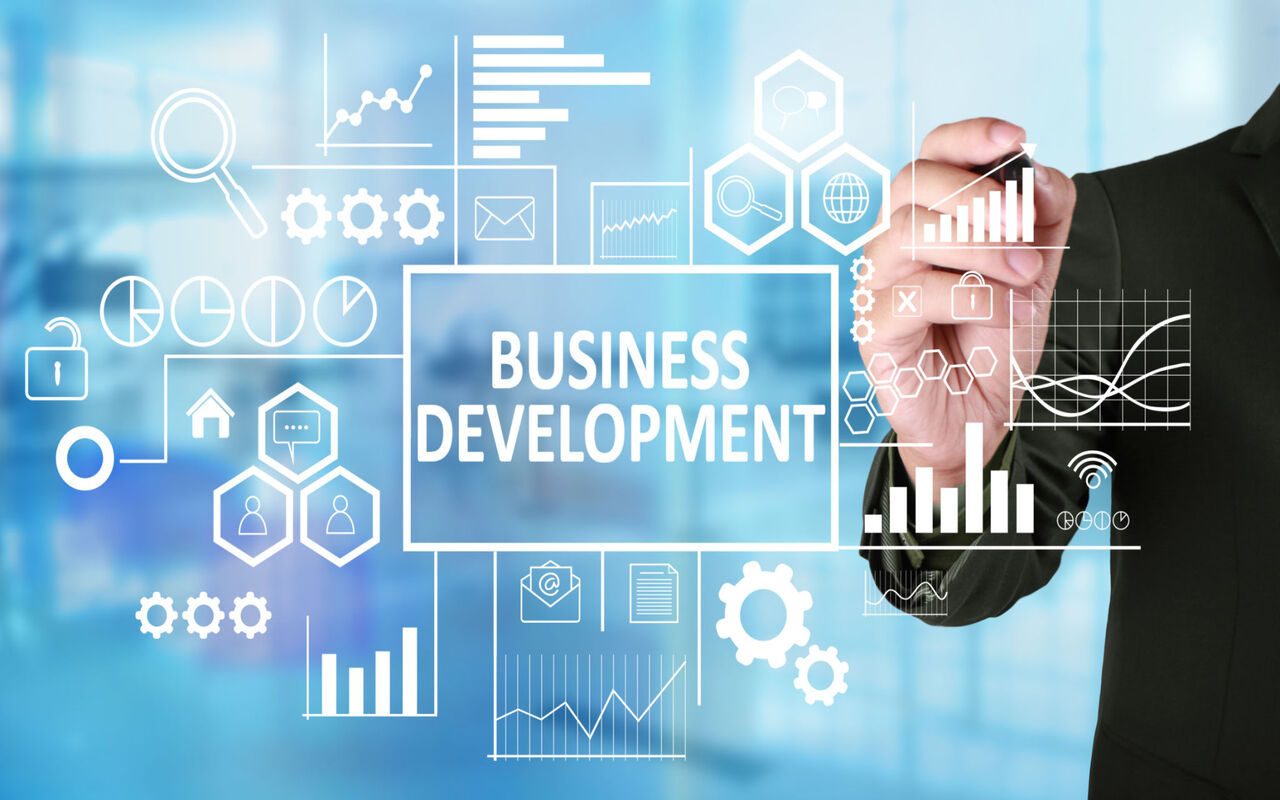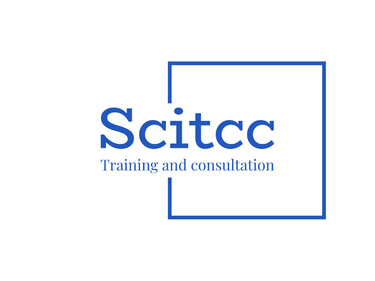
Best Practices in Achieving Administrative Excellence
Best Practices in Achieving Administrative Excellence
$3500.00
Here is a comprehensive outline for a course titled "Best Practices in Achieving Managerial Excellence," lasting five days, including the purpose of the training, the target audience, and the teaching method:
The purpose of the training:
Providing participants with the knowledge and skills necessary to achieve excellence in management.
Highlighting best practices and modern approaches in leadership and management.
Developing managerial competencies to ensure performance improvement and increased institutional efficiency.
Empowering participants to apply innovative tools and methods to achieve institutional excellence.
To whom the training is directed:
Executives and department managers.
Team leaders and heads in institutions.
Ambitious employees who seek to develop their managerial skills.
Those responsible for planning and institutional development.
Decision-makers who wish to improve institutional performance.
Teaching method:
Interactive learning: Interactive sessions and group discussions to exchange ideas and experiences.
Practical workshops: Applying tools and models of administrative excellence to practical cases.
Case Studies: Analyzing Success Models from Global Institutions.
Presentations: Content designed in a practical and professional manner.
Evaluation and feedback: Assessing performance levels after each section to identify areas for improvement.
Course topics (5 days):
Day One: The Concept of Administrative Excellence and Its Importance
Definition of administrative excellence and its objectives.
The difference between traditional management and distinguished management.
The role of leadership in achieving administrative excellence.
Day Two: Strategies for Institutional Excellence
Strategic planning and its impact on administrative excellence.
Designing processes and procedures to achieve efficiency.
Change management and its role in enhancing excellence.
Day Three: Innovation in Management
Innovative thinking methods in management.
Using modern technology to improve administrative performance.
Management innovation tools and their importance in achieving excellence.
Day Four: Global Standards of Excellence
Identifying institutional excellence criteria (such as EFQM).
Applying standards in different work environments.
Tools for measuring and developing institutional performance.
Day Five: Leadership and Excellence in Team Management
The characteristics of an outstanding leader and their role in team management.
Building high-performance teams.
Motivating employees and promoting a culture of excellence.


